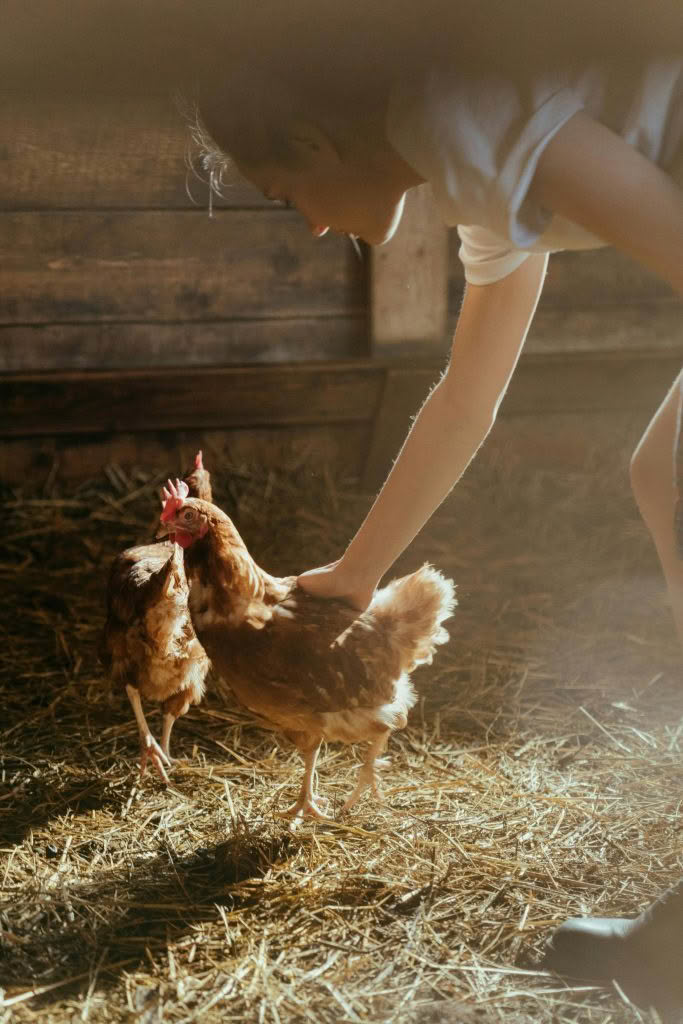Backyard chickens

Raising chickens is no longer limited to those in the country. Relatively low maintenance, they don’t require a lot of space and can supply a steady stream of delicious eggs, while making great pets. Dr Rob Derrick from Farmlands shares an insight into what you need to know when it comes to starting your own backyard flock.
How do I decide what chickens to get?
Picking the breed of your chickens is the fun part and you can successfully keep an eclectic mix of breeds if that tickles your fancy. Commercial breeds such as the brown shaver are phenomenal layers and go well in a backyard environment, however there are many egg-laying heritage breeds available and while they may lay less eggs compared to the brown shaver, they can be very enjoyable to have in the flock.
While day-old chicks can be fun (and cute!), they require careful husbandry for the first few weeks of their lives. If you don’t have the right set-up, or the time, it is best to buy point-of-lay pullets which are about 16 weeks of age and are just at the point of laying, which usually starts at 18–20 weeks of age.
What do my chickens need to be happy hens?
Ensure your hen house is an appealing place for your birds to lay their eggs and keeping it clean will minimise diseases and mites, keeping them healthy. Natural shade from vegetation will shelter your birds from the sun; while a dust bath and swing can enrich your birds’ lives and reduce aggression.
What should I feed them?
Making sure your hens are given a balanced diet will ensure they have all the right nutrients to produce quality eggs as well as stay in optimum health. Pick a high-quality chicken feed such as NRM Peck’n’Lay or NRM Chook Tucker. A layer feed should be the largest part of the chickens’ diet when in lay, with oyster grit on the side, but you can offer some fresh kitchen scraps as an extra treat.
My eggs are white, is that okay?
There is no relationship between the colour of the shell and the quality of the egg, its flavour or its cookability. Generally white hens lay white eggs and brown hens lay brown eggs. You may notice that if your hen has been eating grass, maize, carrots or pumpkin the yolk will be darker, as the orange-yellow pigment is derived from the plants and grains being digested by your chickens. Generally the nutritional values between different coloured yolks is minor.
Should I keep my eggs in the fridge?
Yes! Eggs will rapidly deteriorate in quality when kept at warm room temperature. As a guide, as much freshness is lost in three days at room temperature as in three weeks in the refrigerator. At a normal refrigerator temperature it is possible for an egg to maintain its quality for four weeks or more.

